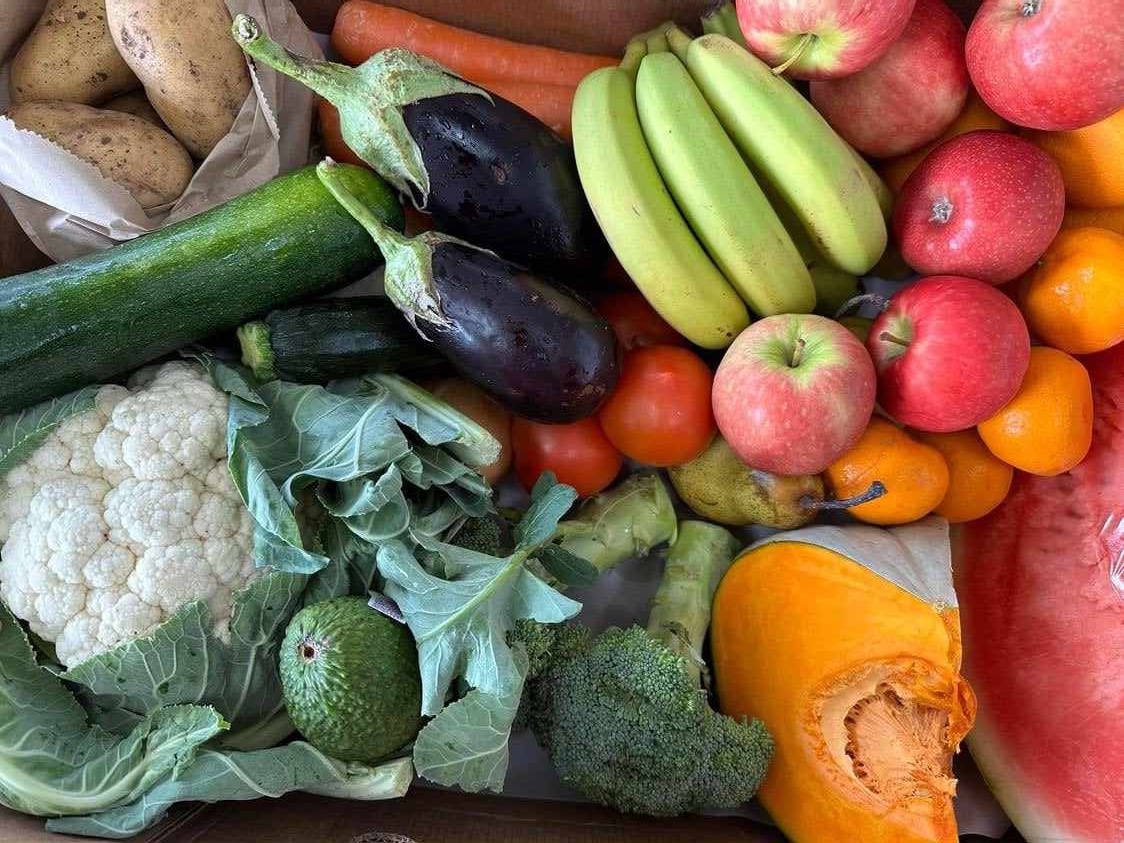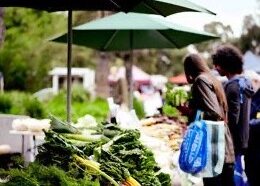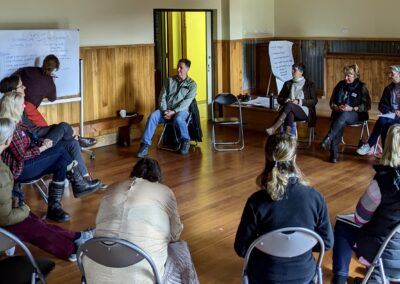Model
Consumer Buying Groups
A buying group is a group of people who traditionally live within close proximity to each other and who have come together to pool their resources and buy food in bulk. Collective buying often opens the group up to bulk discounts, which may be a driving factor, however the decision to start a Buying Group is often founded on shared values around food purchasing and consumption.
The group will jointly determine their values or sourcing criteria, which will influence the producers they source from. Criteria may include factors such as; proximity, organic, low-chemical, minimal packaging, farm size, free-range, fair price to farmers etc.
A buying group can purchase any number of items, be it fruit and vegetables, meat, dairy, dry goods or a mix of all. Depending on where, what and how they coordinate their buying, there will be a number of food safety standards to investigate and adhere to. The proper storage of meat, dairy and eggs often requires the most planning.
Participants of a buying group are normally involved in the planning, shopping, sorting, and delivering of food. The time donated by certain members may be paid for in free or discounted food, as a way to incentivise the ongoing administration of the group.
Depending on the size and nature of the group, food may be delivered to someone’s house or a community hub (hall, school, childcare centre) for collection by other members. If the Buying Group includes the purchase of perishables, then the group will require access to a fridge/esky or other cold storage option at the delivery location.
The frequency of orders can again be determined by the Group and will also largely depend on the types of products included. For example, dry goods could be distributed less frequently than perishables.
Buying Groups may develop individual relationships with farmers, suppliers and producers or they may be served by a Food Hub (Food Connect Brisbane, CERES Fair Food), who coordinates the purchase and then delivers to a chosen location. If purchasing through a Food Hub, then decisions can often be made around whether the produce is delivered in bulk for sorting by the group (discounted) or already sorted into members’ orders.
The resounding feedback from Buying Groups is that their success often depends on a couple of ‘champions’ who take on a lot of the administration, coordination and recruitment. Like any group or collective, a Buying Group also needs a leader or two. They are also more successful when an inherent sense of community already exists, whether it be in a regional town, suburb or through an existing school, group or club. It is not impossible to create a Buying Group in an area of identified need without an existing community structure, but it may take longer.
Consumer buying groups can be informal of formalised as an incorporated association or a fully fledged consumer cooperative (using a cooperative legal structure).
Stories & Resources
Westies Dry Goods Buying Group
Creswick Wholefoods Collective
If you have questions or want to read more about buying groups, check out the Fair Food Forum. Under the Food Hubs category, you will find further resources and conversations around starting a buying group.

Latest Resources
Can we help?
Have an idea, a project or a question? Want help using the Open Food Network software? Get in touch and find out how we can help you with it.
Keep in touch
Join us
Create a listing, shop or group directory on the Open Food Network. Tell me more!

Read our Terms and conditions | Find us on GitHub
Open Food Network is a free and open source software platform. Our content is licensed with CC BY-SA 3.0 and our code with AGPL 3.
We take good care of your data. See our cookies policy




